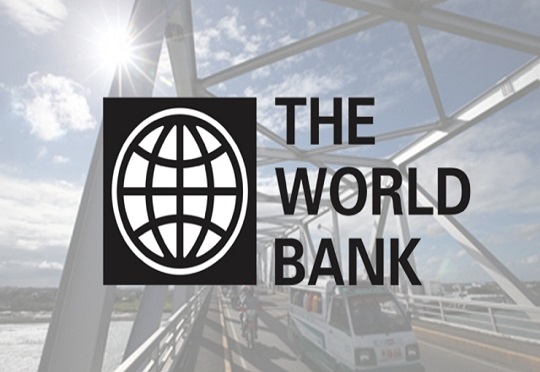The African Development Bank’s Fund for African Private Sector Assistance (FAPA), has approved a grant of US $1 million to Liberia, to provide technical assistance to its fast-growing wood processing industry.
The grant will strengthen the capacity of public and private sector players in the nation’s secondary wood processing industry and provide institutional support to small and medium-sized enterprises (SMEs).
Liberia has close to one million hectares of forest available for sustainable harvesting, and its forestry sector currently offers immense opportunities for domestic and international investors. Despite growing demand for veneers, plywood and furniture, production of processed wood products remains limited, due to the constraints of SME’s which still use rudimentary methods and have limited access to financing and market outlets.
“This technical assistance project promotes inclusive green growth, employment and economic diversification in the Republic of Liberia”, said Olivier Eweck, Chair of the FAPA Technical Committee and Director of the Syndication, Co-financing and Technical Solutions Department at the Bank.
“The development outcomes of this project are quite significant: they include increased local value addition, access to micro financing to furniture makers and carpenters, as well as improved connection between local producers and traders of secondary processed wood products and procurement entities, such as the government of Liberia,” Eweck said.
The FAPA grant is expected to boost vocational training and mass employment through the promotion of carpentry and furniture making. It will also promote public-private-sector partnerships (PPPs) and the Ministry of Youth and Sports, the Ministry of Commerce and Industry, and the Forestry Development Agency.
Other beneficiaries of the grant are the Liberia Chainsaw and Timber Dealers Union, which will receive training on tree species identification techniques, and the Monrovia-based Wood Processing Union (furniture and carpentry). The Wood Union will also benefit from training to build capacity within their members, in areas such as accessing start-up capital, technical and entrepreneurial skills, and better organization.


